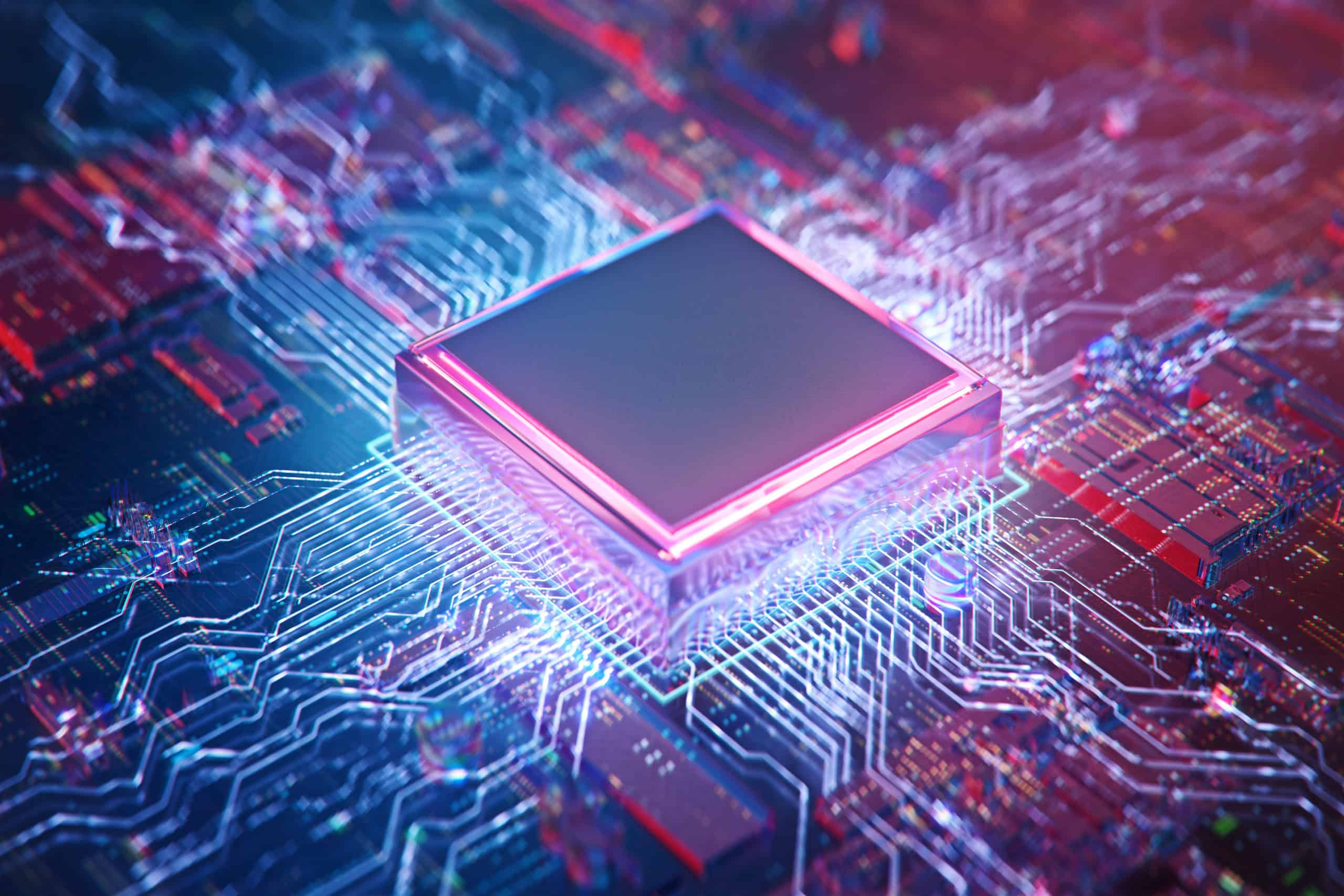As technology has become more and more of a fixture in our everyday lives, certain words have crept into the vocabulary of the public that would have normally been reserved for people who work with computers. In 2020 alone many upgraded their own personal home computers to better fit their new working from home reality. They were eagerly awaiting details of the new video game consoles from Sony and Microsoft and, as the sun rises, there will be specs on a new iPhone every year. We as a people are much more open to hearing words like CPU and GPU, but that does not mean we know exactly what they do. Let’s fix that.
What is a CPU?
In short, both a CPU (Central Processing Unit) and a GPU (Graphics Processing Unit) are microprocessors that help your computer handle a variety of tasks. What tasks and how they handle them is where these similar sounding, but very different processors split apart.
The CPU is simply put, the brains of your computer. There can be no computer without a CPU. It is made up of millions of transistors and can have multiple cores. They are generally more powerful than GPUs and as such, the more powerful the CPU you have, the faster your computer can think. It can be called a general-purpose processor because it is going to handle numerous different tasks. For instance, a CPU is going to handle all the mathematics, programming running, operating systems, web browsers and most other programs and tasks that your PC will throw at it. Yet, while it will handle them quickly, it tackles these tasks one at a time.
What is a GPU?
The GPU is sometimes known as a special-purpose processor. It is meant to be able to multitask in one specific area: graphics. Any type of animation, 3D rendering and image processing requires your GPU to do multiple things at a time and as such a GPU can handle those assignments. In the not-so-distant past, video games are where GPUs once really shined. As time has gone on however, cryptocurrency miners discovered that GPUs are better for mining than a standard CPU because of its ability to multitask. As of the time of this writing, power GPUs are almost sold out almost instantly as they become available.
Other Differences
There are other details which separate these two processing units.
- RAM usage: CPU requires more RAM than GPU.
- Processing clock speeds: CPU has higher speeds, lower cores, GPU has lower speed and higher number of cores.
- Latency vs throughput: CPU is more focused on latency while GPU is focused on higher amount of throughput.
As time marches on, more and more technical terms will become secondhand nature to us. In the meantime, General Technics is here to help!


In a simple description, this article helped me to find out the basic difference between CPU and GPU. Thank you.